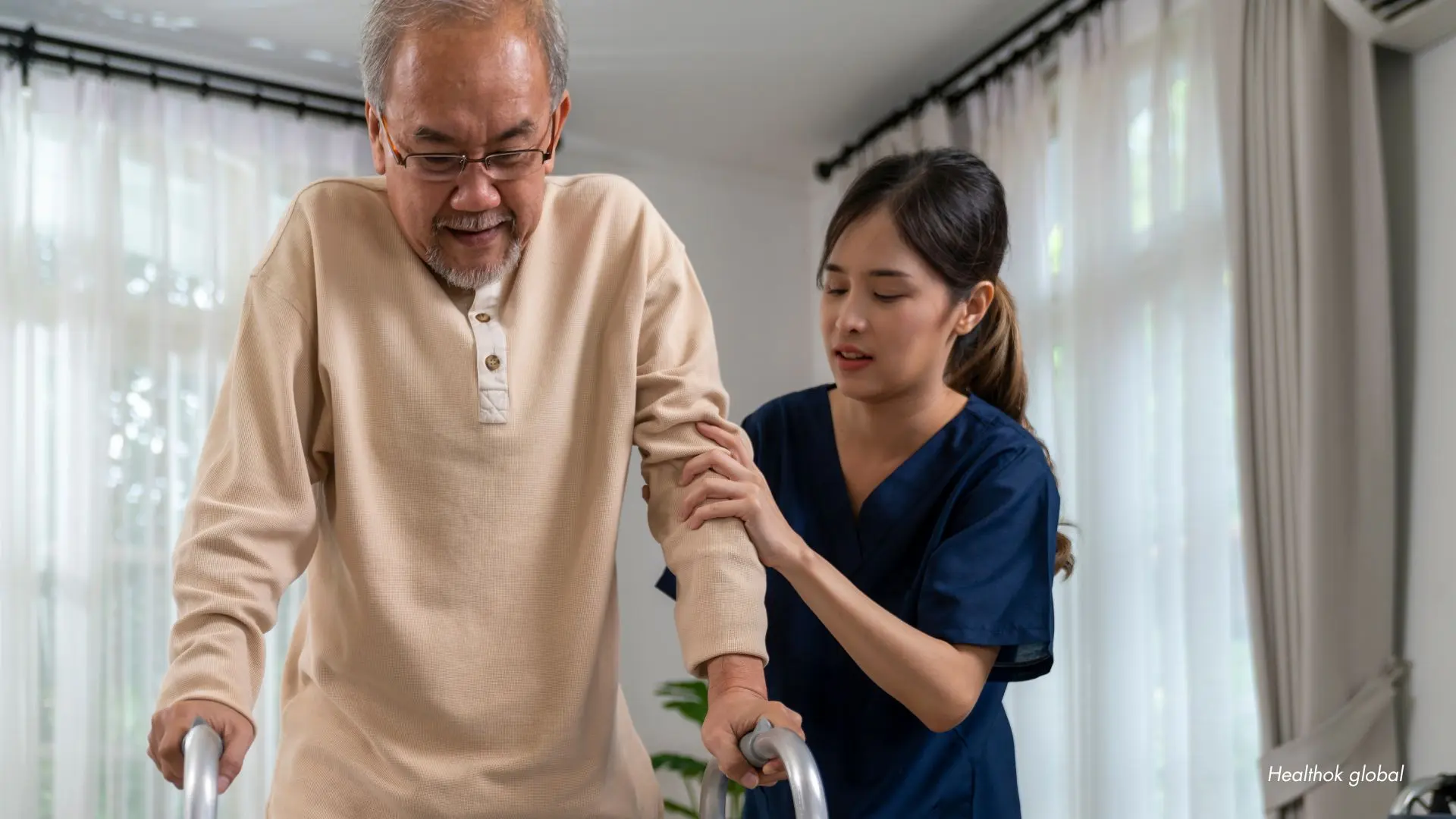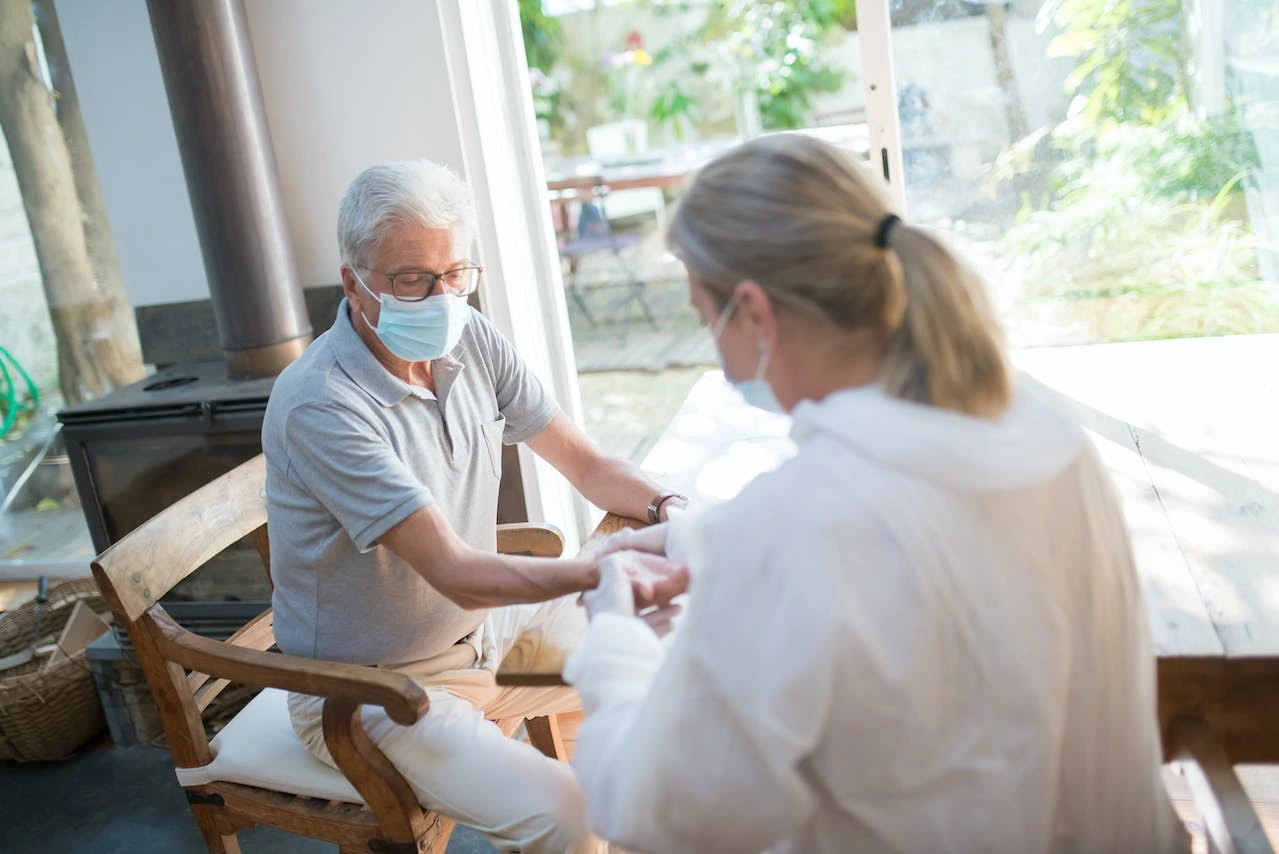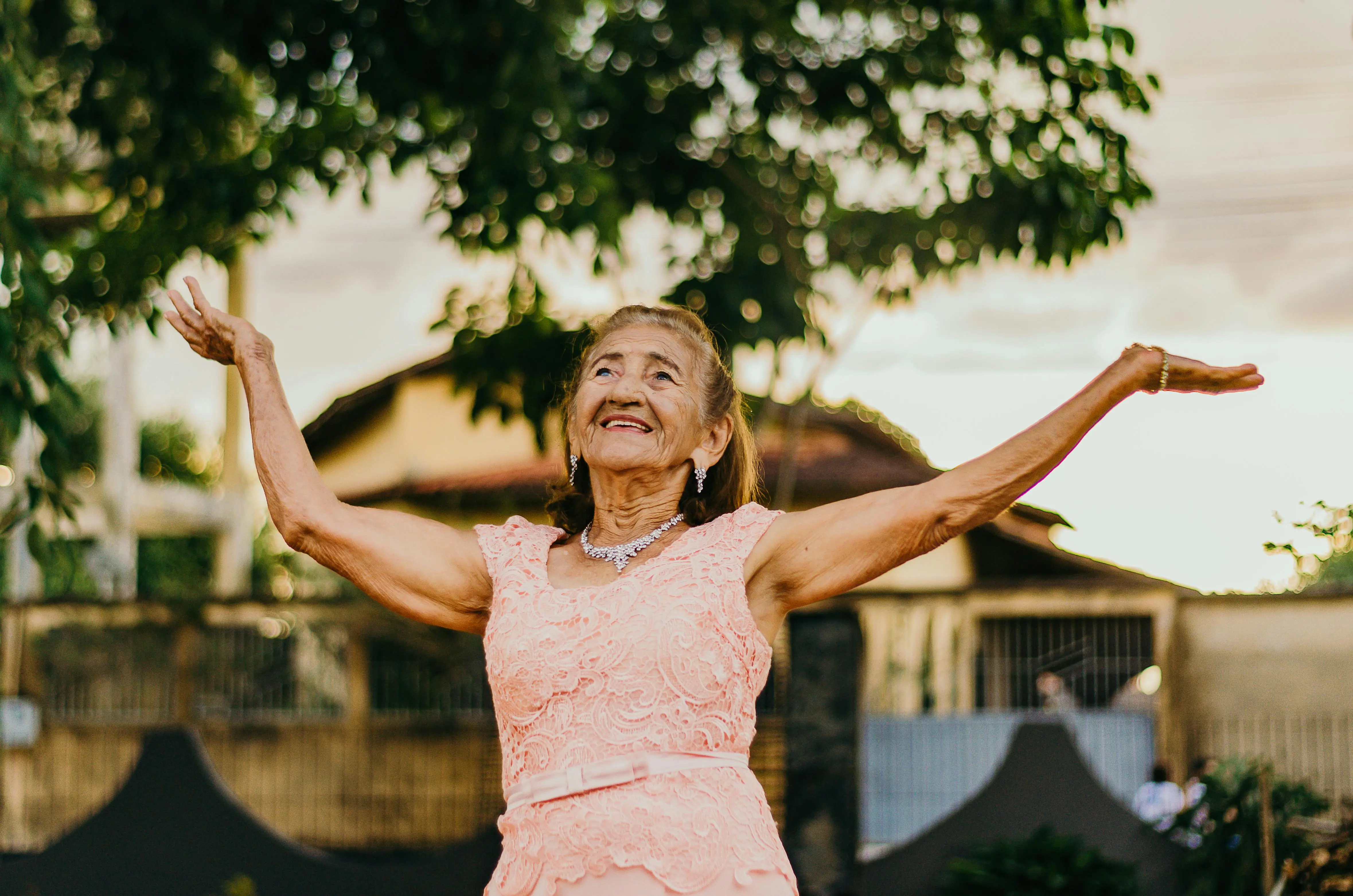Lung biopsies are crucial diagnostic procedures for identifying lung diseases, including cancer.

Blog
Understanding Lung Biopsy Risks for the Elderly: A Comprehensive Guide
Lung biopsies are crucial diagnostic procedures for identifying lung diseases, including cancer. However, for elderly patients, these procedures come with increased risks and considerations. This comprehensive guide aims to enlighten patients, caregivers, and healthcare professionals about the potential risks, preparation, and post-procedure care necessary for elderly individuals undergoing a lung biopsy.
A lung biopsy involves removing a small piece of lung tissue for examination under a microscope. It helps diagnose conditions like lung cancer, infections, or fibrosis. Types of lung biopsies include bronchoscopic biopsies, needle biopsies, and surgical biopsies. Each type has specific indications, advantages, and risks, especially pertinent to elderly patients.
Elderly patients often have coexisting conditions such as heart disease, diabetes, or chronic obstructive pulmonary disease (COPD), increasing the risk of complications from a lung biopsy.
One of the most common risks is pneumothorax, or collapsed lung, which occurs more frequently in elderly patients due to the decreased elasticity of their lung tissue.
The risk of bleeding post-biopsy is another concern, especially for those on blood-thinning medications, a common prescription for older adults.
Elderly individuals often have a weakened immune system, making them more susceptible to infections post-procedure.
A thorough evaluation, including assessment of coexisting conditions and medications, is essential to mitigate risks. Adjusting medications and ensuring optimal condition management pre-procedure can reduce complications.
Understanding the procedure's benefits and risks is crucial, especially for elderly patients and their families. Informed consent involves a detailed discussion with the healthcare provider about potential outcomes and alternatives.
Elderly patients require close monitoring for signs of complications, such as difficulty breathing, chest pain, or excessive bleeding. Immediate intervention is crucial for managing these issues.
Follow-up appointments are vital to assess the healing process and discuss biopsy results. They also provide an opportunity to adjust ongoing treatment plans based on the findings.
Recent advancements in imaging and non-invasive tests offer alternatives to traditional lung biopsies. Discussing these options with a healthcare provider can help determine the most appropriate approach based on the patient's overall health and diagnostic needs.
While lung biopsies are invaluable for diagnosing lung conditions, elderly patients face higher risks from the procedure. A tailored approach, focusing on thorough preparation, careful monitoring, and consideration of alternative diagnostic methods, can help mitigate these risks. Collaboration among patients, families, and healthcare teams is essential for making informed decisions and ensuring the best possible outcomes for elderly individuals.
A lung biopsy involves removing a small piece of lung tissue for examination under a microscope. It helps diagnose conditions like lung cancer, infections, or fibrosis. Types of lung biopsies include bronchoscopic biopsies, needle biopsies, and surgical biopsies. Each type has specific indications, advantages, and risks, especially pertinent to elderly patients.
Elderly patients often have coexisting conditions such as heart disease, diabetes, or chronic obstructive pulmonary disease (COPD), increasing the risk of complications from a lung biopsy.
This section covers Preparing for a Lung Biopsy: Considerations for the Elderly in detail.
Need Personalized Health Guidance?
Get expert advice tailored to your specific health needs from our qualified healthcare professionals.





